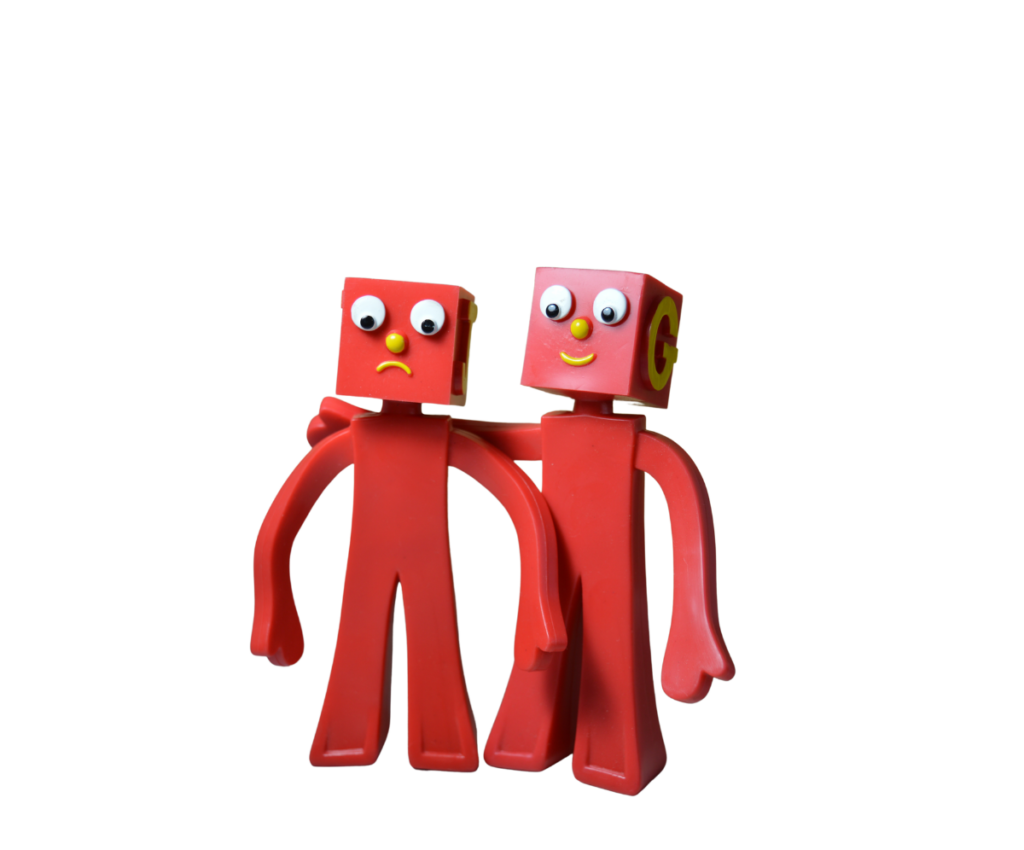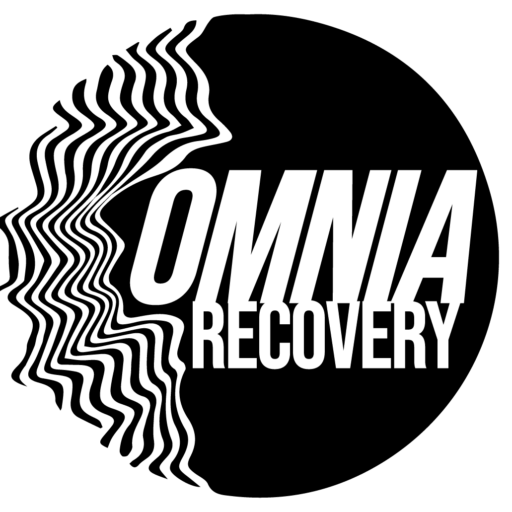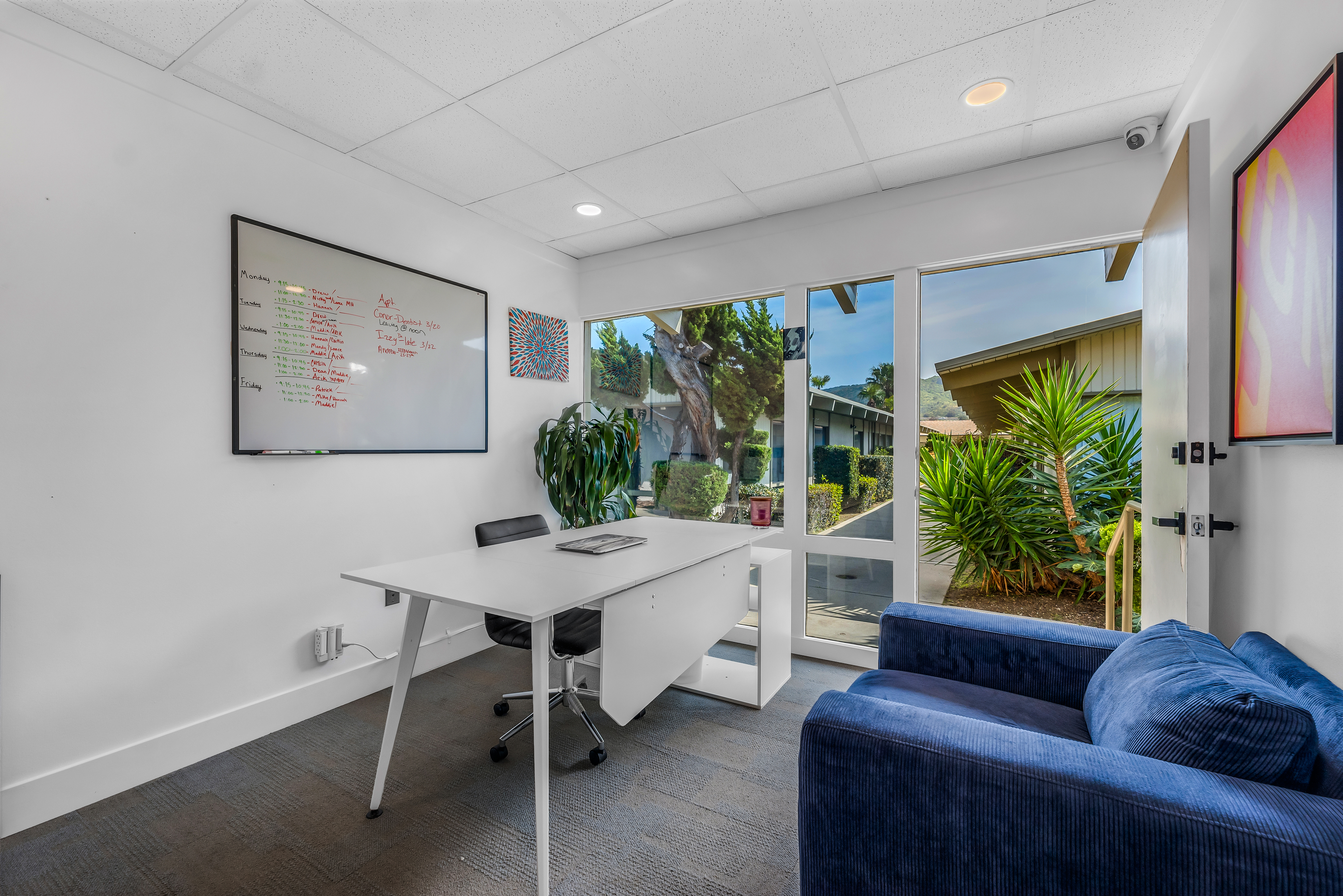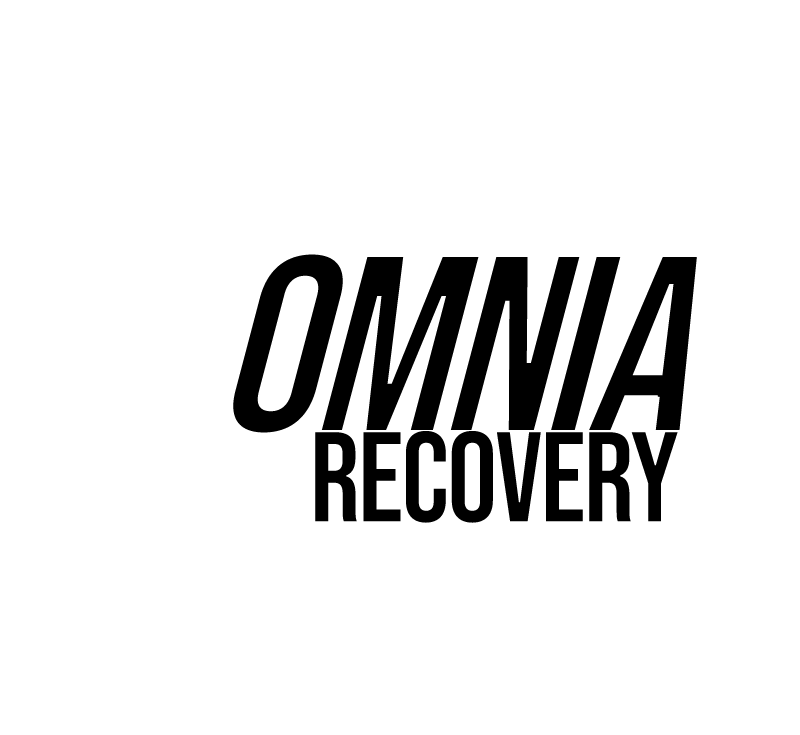Borderline PersonalityTreatment Centers in Southern California
Borderline Personality
Discover how borderline personality treatment at Omnia Recovery can help you.
- Omnia Recovery
- TREATMENT SERVICES
- Mental Health
- Borderline Personality Disorder

modern mental health treatment customized to your needs
Borderline Personality Treatment Centers Southern California
Table of Contents
Borderline personality disorder can be a difficult diagnosis but can be managed with an evidence-based treatment approach. Personality disorders like BPD are also often accompanied by other co-occurring disorders, including substance use disorders.
At Omnia Recovery, we are one of the top borderline personality treatment centers Southern California has to offer. We work with clients to help them through each step of the treatment process. In addition to mental health care, we provide dual diagnosis and substance abuse treatment in Ventura.
understanding personality disorders
Types of Personality Disorders
Personality disorders are conditions defined by enduring behavior patterns and cognitive and inner experiences that are significantly different from cultural expectations. These disorders can lead to impairment or distress in different parts of life. Since personality is a key part of who we are, these patterns are inflexible and pervasive and often emerge during adolescence or early adulthood.
There are several types of personality disorders. They’re broadly organized into three clusters.
Cluster A are odd or eccentric disorders. These are paranoid, schizoid and schizotypal personality disorders. In Cluster B are dramatic, emotional or erratic disorders. Among the Cluster B disorders are antisocial, borderline personality, histrionic and narcissistic personality disorders. The third, Cluster C disorders, have features of anxiety or fearfulness. These include avoidant, dependent and obsessive-compulsive disorders.
The severity of personality disorders varies between individuals. The right therapeutic approaches can contribute to better outcomes. As one of the leading borderline personality treatment centers Southern California has available, we encourage you to learn more about our programs at Omnia Recovery.

The Effects of Borderline Personality Disorder
Borderline personality disorder, or BPD, leads to patterns of instability in relationships, emotions and self-image. Individuals with BPD may have intense and quickly changing moods. They might have a hard time forming and keeping stable relationships and struggle with their sense of self. Not everyone with BPD will show all of the symptoms, and the severity can vary, but common symptoms associated with this personality disorder include:
Someone with BPD may have an intense fear of abandonment and may go to significant lengths to avoid it, whether it’s real or perceived. The worry of being abandoned can lead to frantic efforts to avoid being alone, even to the point it leads to tolerating unhealthy or abusive relationships.
One of the identifying symptoms of BPD is often unstable relationships. Someone with BPD may go through extreme highs and lows in relationships, often including idealization and devaluation of other people. They might shift very quickly from intensely loving someone to hating them, for example.
BPD may lead to struggles with one’s sense of self and establishing a stable identity. That can lead to constant changes in values, goals, career choices and the way they present themselves to other people.
Impulsive behaviors commonly occur in BPD. They might include substance abuse, binge eating, reckless driving or unsafe sex. There may be little if any, regard for the potential consequences of these behaviors.
There are associations between BPD and emotional instability, with intense, rapidly shifting emotions occurring often. Symptoms could include extreme mood swings and other emotional volatility leading to feelings of sadness, emptiness or anger.
A hallmark of BPD for many is a persistent sense of emptiness, leading to an ongoing search for something that would fill the void. This could lead to self-destructive behaviors or impulsivity to try and alleviate these feelings.
There’s an increased risk of self-harm and suicidal behavior in people with BPD to cope with emotional pain or difficulties.
Some people with BPD experience dissociation, which are periods where they feel disconnected from reality or themselves. Dissociation can manifest as feelings of numbness, losing touch with reality, or having transient episodes of memory loss.
While BPD is difficult to deal with, it’s a treatable condition, and therapy has been shown effective in helping with symptom management and improving overall well-being. Omnia Recovery offers Southern California borderline personality treatment on a flexible, outpatient basis that’s based on research and evidence.
addiction and mental health
BPD and Substance Abuse
There is a complex and often interrelated relationship between BPD and substance abuse. Someone with BPD may be more likely to abuse substances for different reasons. When there’s a co-occurrence of the two issues, it can complicate the clinical picture and require specialized dual diagnosis treatment.
Some of the reasons for the links between BPD and substance abuse and addiction include:
- Substances can become a coping mechanism for difficult moods and emotions.
- Impulsivity in BPD can lead to risky behaviors, including experimenting with drugs or alcohol.
- Substances can become a way to deal with unstable relationships.
- Many people with BPD have a history of trauma. Trauma is a mutual risk factor for both BPD and substance abuse.
Treatment for co-occurring BPD with substance use disorders has to be addressed comprehensively. One reason Omnia Recovery is one of the leading borderline personality treatment centers Southern California has to offer is that we provide integrated treatment. Integrated treatment is recommended, and it addresses both conditions simultaneously, significantly improving outcomes for many people.

Get a Confidential Callback Right Now

our innovative treatment program can help
Treatment Approaches for BPD
Whether BPD is being treated independently or it’s being treated along with a substance use disorder, there are numerous proven effective therapeutic approaches. Everyone’s treatment plan will be unique to them and will likely include a combination of methods. Among these can include:
- Dialectical behavior therapy (DBT) is an evidence-based therapeutic approach for BPD. DBT combines cognitive-behavioral techniques with mindfulness and acceptance strategies. DBT can help improve relationships, regulate emotions and develop coping mechanisms. Critical components of DBT include skills training and both individual and group therapy.
- Cognitive behavioral therapy (CBT) works to identify and modify thought patterns and behaviors that are harmful or not helpful. For BPD, CBT may focus on helping challenge distorted thinking, develop healthy coping mechanisms and manage impulsivity. CBT can be delivered in a group or individual setting.
- Schema-focused therapy addresses what are known as early maladaptive schemas. These are deeply ingrained thought and behavior patterns contributing to the ongoing nature of BPD. Schema-focused therapy helps participants recognize and change core beliefs and develop improved ways of relating to themselves and other people.
- Medication isn’t a primary BPD treatment, but sometimes medicines are prescribed to target particular symptoms like depression or mood swings.
- Group therapy is helpful because it lets people with BPD interact with others who share similar challenges. It’s a good way to practice interpersonal skills, get feedback, and develop a support network and sense of community.
The overall goals of BPD treatment are to promote emotional regulation, improve relationships and enhance functioning and overall well-being.
If you’re currently searching for borderline personality treatment centers Southern California has available, we encourage you to contact our compassionate team at Omnia Recovery. We can help you learn more about our programs in Thousand Oaks or even take the next step when you’re ready.
Unique Location
Our modern, newly renovated treatment facility is more than just a rehab. We offer a safe space where you can recover + have fun!
Modern Approaches + Therapies
Here at Omnia Recovery, we offer an innovative approach to treatment by combining traditional, evidence-based and holistic therapies.
Experiential Therapies & More
From art + music therapy to group outings and volunteering, Omnia Recovery wants you to learn that there is fun to be had in recovery.

What Our Clients Have To Say
the Omnia difference in intensive outpatient
The intensive outpatient program at Omnia Recovery in Thousand Oaks provides tailored treatment options that work for you. Our modern program & facility offer you refuge from the chaos of addiction and a network of constant support. Choose Omnia Recovery if you are ready to change your life for good.
your insurance can pay for treatment
We Work with Most Insurance Providers
Don't See Yours?
Contact Us!


















